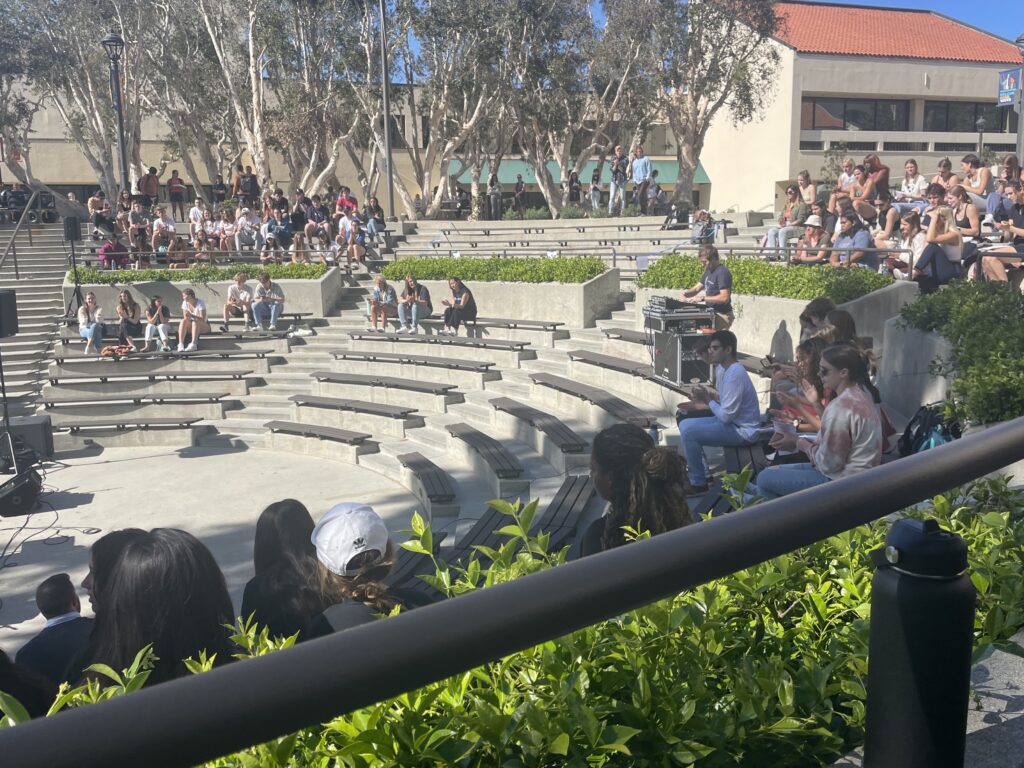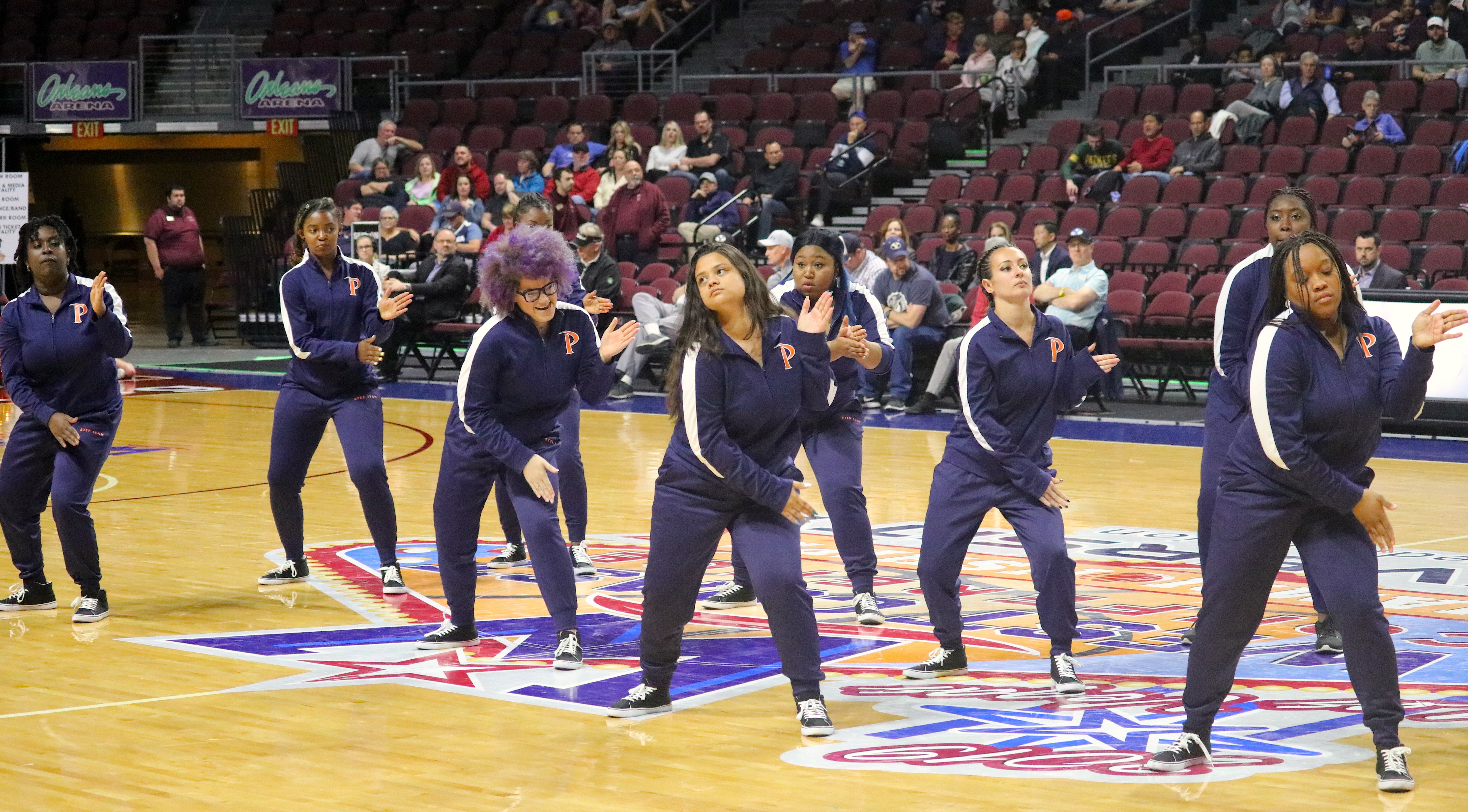
Sophomore accounting major Zedekyah Teh is a nonreligious student in a community based in Christian faith.
This can make him feel as if there is a glass barrier between him and his peers.
Teh grew up with practicing Christian parents, and applied to Pepperdine when he still identified as a Christian. However, he re-thought his beliefs during his first year. Teh now describes his religion as a balance between atheism and dystheism (the belief that there is a god but they may not be wholly good).
For many college students, on-campus social events are a great way to make new friends and expand one’s circle. However, for Teh, these are not always welcoming environments.
“A lot of social events on campus that are not party related, are related to religion,” Teh said. “Because I am not Christian, it creates this weird kind of barrier.”
Roughly 22% of Seaver students are religiously unaffiliated, but for students like Teh, being outside the Christian norm can be socially isolating. Other nonreligious students said they struggle academically in the required religion classes. They also find positives in being exposed to different beliefs and enjoy bringing their own perspectives to the table.
The trend toward rejecting religion
In the past few years, the U.S. is experiencing a national decline in religious adherence.
“About three-in-ten U.S. adults (29%) are religious ‘nones’ – people who describe themselves as atheists, agnostics, or ‘nothing in particular,’” according to Pew Research Center.
Only 43% of people under the age of 40 say religion is very important to them. However, for adults over the age of 40, that number is 60%. This shows a large age gap in the U.S with younger adults being more likely to identify as nonreligious, a trend paralleled around the world, according to Pew Research Center.
Pepperdine undergraduate students are 73% Christian compared to 22% who are nonreligious, according to the Office of Institutional Effectiveness.
This national trend could have an impact on Pepperdine University’s overall student body, undergraduate and graduate, as the percentage of students marking “none” has increased over the years. The undergraduate community is more religious than the university’s graduate campuses. In the 2017 fall enrollment census, nones were 9% of the total student population, but in 2021 they were 13%.
“Church attendance is down nationally, active Christians are down nationally,” Sociology Professor Robin Perrin said.
This could pose a threat to Pepperdine’s ability to maintain a critical level of Christian students, specifically Church of Christ, the university’s denominational affiliation, Perrin said.
Sociologists have long believed religion would struggle through modernization, and many European nations have seen high rates of secularization. However, the U.S. has proved to be unique with high numbers still practicing. Perrin emphasized that the discussion among sociologists is “Why is the religious none number so low in the U.S.,” rather than “Why is the trend increasing?”
Societies tend to become less religious as the economy improves. Young people in developing societies tend to have easier lives than their elders, which leads to a trend in them being less religious, according to Pew report. Another theory to explain the age gap is that people naturally become more religious as they age and have to face their mortality.

Students at Heart of Worship, a mandatory Convocation event for credit (Photo courtesy Lauren Hill).
Social life for nonreligious students
Nonreligious students have a different experience than the average Christian student.
Caroline Ellenthal, junior screen arts major, described herself as someone who jumps between being an atheist and agnostic. She chose Pepperdine for its beautiful location and proximity to Los Angeles.
“My values are so astronomically different from a lot of students here who have been raised in religious households,” Ellenthal said. “That — it can make cultivating friendships with people from religious backgrounds a little bit difficult, not impossible.”
Some nonreligious students at Pepperdine said their Christian counterparts sometimes make them feel less valued.
Senior economics major David Rutiz, who describes himself as agnostic, chose Pepperdine because it was his best academic option. Rutiz said those who strongly identify as Christian often won’t make an effort with him.
“It can be hard to fit in with certain groups on campus,” Rutiz said. “It depends on who you surround yourself with.”
Junior sociology major Skyler Danely, who describes herself as nonreligious, has also felt these social struggles. She said there is a limiting factor where she can only get along to a certain extent when it comes to people who have drastically different religious beliefs than her. Convocations or other spiritual events can make nonreligious students feel like outsiders.
“There are a lot of spiritual events that people go to that I choose not to go to,” Danely said. “So that sometimes limits people I am hanging out with or what I am doing outside of class.”
Religion GEs challenge nonreligious students
Nonreligious students also face academic challenges because they often do not have the same foundational background knowledge as their Christian peers in courses such as Rel 101, which focuses on the Old Testament, Rel 102, which focuses on the New Testament, and Rel 301, which focuses on Christianity and culture. Some said they also do not have the same passion for the material.
“I love to play devil’s advocate, which is fun,” Ellenthal said. “But it also can be a little bit problematic in classes where there are biases at play.”
Teh said he believes that his Christian upbringing gave him an advantage in religion courses that he otherwise would have lacked.
“I felt like I went in and the professor assumed a certain level of knowledge,” Danely said. “And I had absolutely none, so it was definitely difficult.”
Religion Professor Randy Chesnutt said a student’s religious beliefs do not have an impact on their academic success in his Rel 102 courses. He presumes students do not have any prior knowledge and begins from scratch. He said Christian students also face challenges in an academic Bible course.
“They may be familiar with parts of the Bible from a devotional level but not a critical, academic level in a classroom setting,” Chesnutt said.
He has found that this can be difficult for some Christian students to process.
Sharing their perspective with Pepperdine
The academic setting may be challenging for nonreligious students at times, but professors highly value their perspectives.
“There is a richness to having different perspectives from participants coming from a wide variety of beliefs,” Chesnutt said. “I find it helpful for other students to hear where other students are coming from and look at things differently.”
Students such as Ellenthal enjoy sharing their perspectives.
“I make a point to speak about my beliefs,” Ellenthal said. “I have no problem being who I am and what I believe in.”
She said she believes it is important to exchange different perspectives with fellow classmates and look at religion through each other’s lens. Perrin said exposing oneself to different perspectives is the purpose of a university education.
“Universities push limits, we question, we challenge,” Perrin said.
Nonreligious students said they believe that there is a strong benefit to attending a Christian university. They enjoy being in an environment where they can challenge themselves and grow their perspectives.
“You get a perspective of how other people see the world,” Rutiz said. “Either way there are still good values that carry on to all parts of life.”
The Christian mission also creates a campus culture that many of the nonreligious students value. For Ellenthal, she loves the kindness students display.
“People are more kind here than other schools,” Ellenthal said. “People are more willing to listen and extend help when you are in need.”
Zoe Hunt completed the reporting for this story in Jour 241 under the supervision of Dr. Christina Littlefield and Dr. Theresa de los Santos. Dr. Littlefield supervised the web version of the story.



